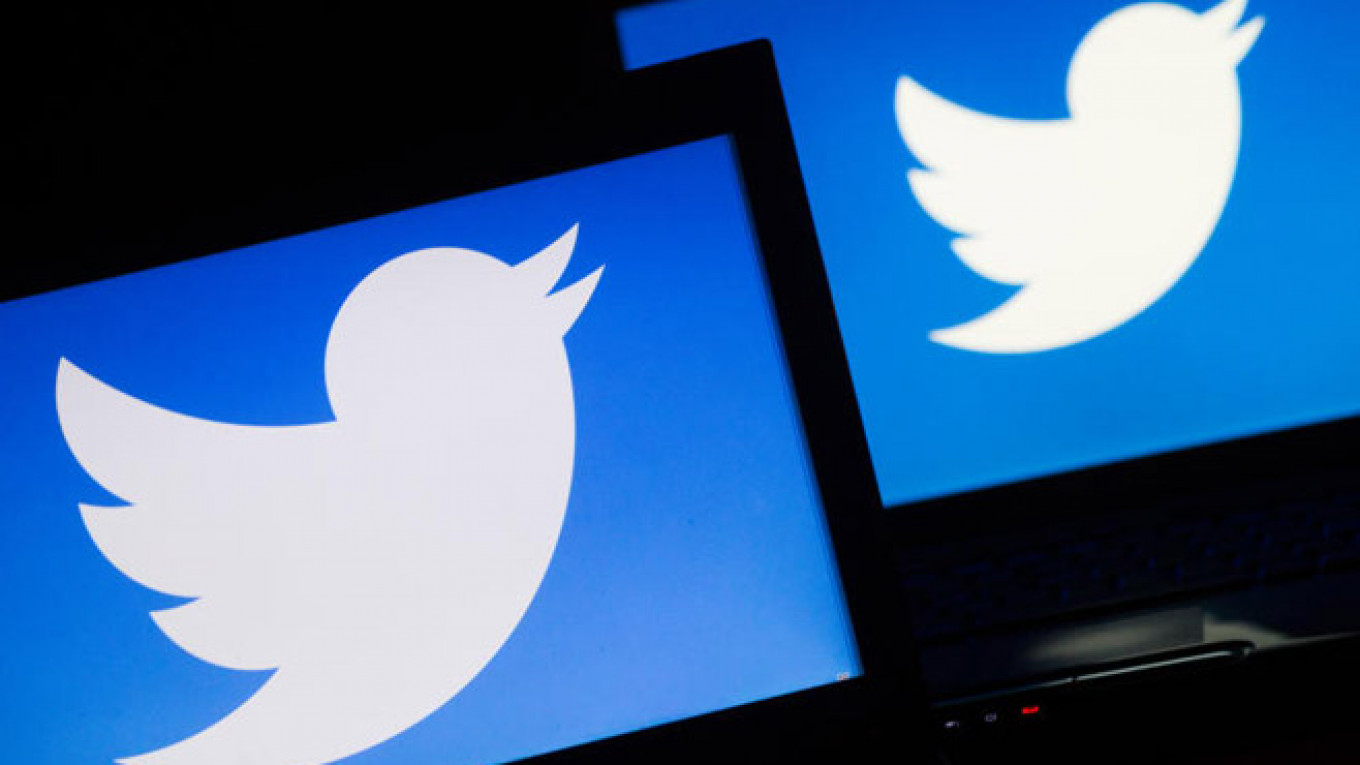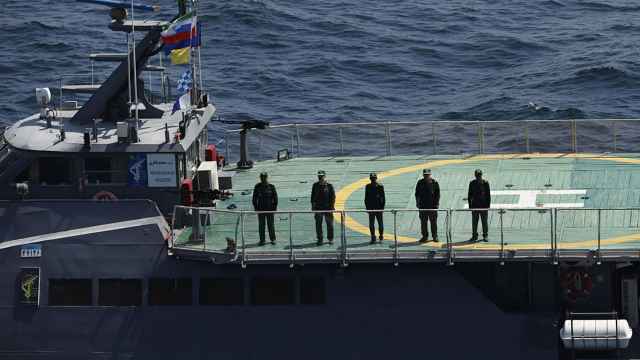Roskomnadzor, Russia's media watchdog, has slammed Twitter for refusing to address requests by the authorities to block access to certain content, and to disclose the personal data of more than 100 of its users, Izvestia newspaper reported Wednesday.
Roskomnadzor requested in February that the American microblogging platform restrict access to extremist content, as well as calls for unsanctioned mass gatherings. The watchdog also sought the personal data of 108 users.
Watchdog chief Alexander Zharov told Izvestia Wednesday that Twitter has yet to respond to the agency's request.
Meanwhile, 55 Twitter accounts that had allegedly contained other types of illicit materials, such as those promoting the use of narcotics, endorsing suicide and disseminating child pornography have been added to Roskomnadzor's Internet blacklist. All offending materials have since been removed from these accounts, Izvestia reported.
Accordingly, the Russian authorities have reiterated their belief that the American microblogging service continues to facilitate the violation of the federal law forbidding the dissemination of information promoting mass unrest or extremism, Izvestia reported.
The same month Roskomnadzor filed its initial request, Twitter released a transparency report revealing that Russia was second in the world only to Turkey in terms of the number of content removal requests filed in the second half of 2014, having submitted 91 such requests during that period. During the first half of 2014, Russia had filed 33 such requests.
Last May, Twitter blocked access in Russia to an account linked to a far-right Ukrainian nationalist group after a Roskomnadzor official threatened to cut off the microblogging site in its entirety if it failed to comply with new regulations allowing the government to ban websites without a court order.
Last summer, President Vladimir Putin approved new legislation on the dissemination of online materials deemed extremist. Individuals found guilty of circulating such content online can face up to eight years in prison or fines of up to 500,000 rubles ($8,700).
Contact the author at [email protected]
A Message from The Moscow Times:
Dear readers,
We are facing unprecedented challenges. Russia's Prosecutor General's Office has designated The Moscow Times as an "undesirable" organization, criminalizing our work and putting our staff at risk of prosecution. This follows our earlier unjust labeling as a "foreign agent."
These actions are direct attempts to silence independent journalism in Russia. The authorities claim our work "discredits the decisions of the Russian leadership." We see things differently: we strive to provide accurate, unbiased reporting on Russia.
We, the journalists of The Moscow Times, refuse to be silenced. But to continue our work, we need your help.
Your support, no matter how small, makes a world of difference. If you can, please support us monthly starting from just $2. It's quick to set up, and every contribution makes a significant impact.
By supporting The Moscow Times, you're defending open, independent journalism in the face of repression. Thank you for standing with us.
Remind me later.






